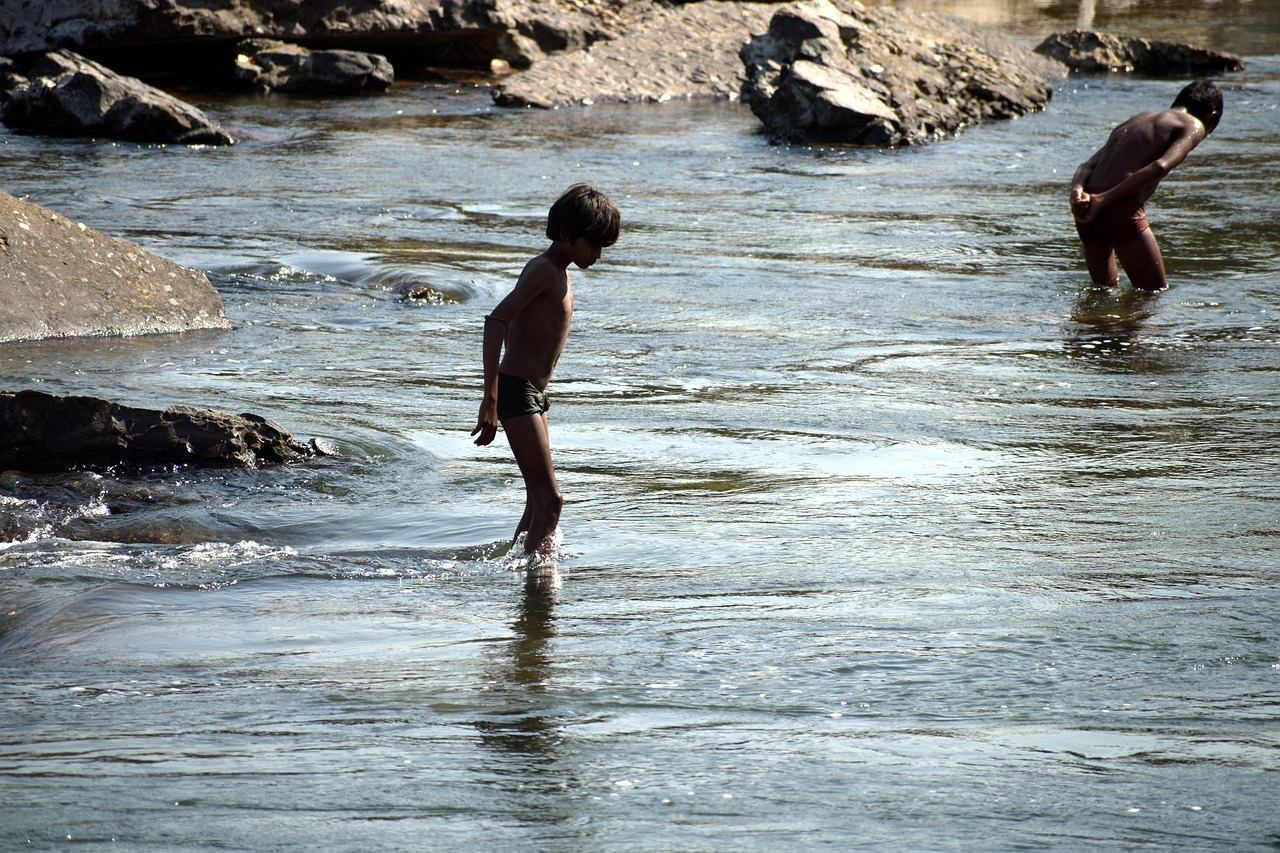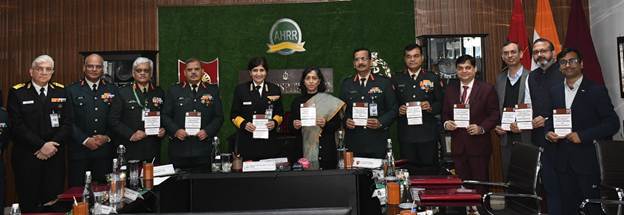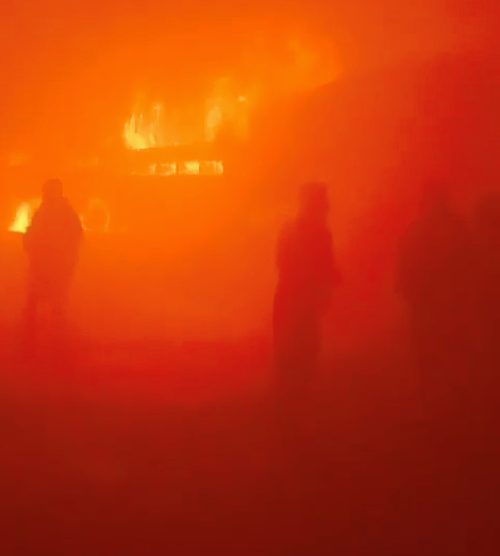
The Betwa River in Orchha, Madhya Pradesh.
Khajuraho: Prime Minister Narendra Modi will inaugurate and lay the foundation stone of multiple development projects in Khajuraho, including the ‘controversial’ Ken-Betwa river linking national project, which many water conservationists have protested.
The Ken-Betwa project, the country’s first interlinking of rivers project under a national perspective plan, was conceived by the Atal Behari Vajpayee-led government and its foundation stone laying by Modi at around 12:30 pm, tomorrow also coincides with Vajpayee’s 100th birth anniversary.
The government aims to provide drinking water facilities to the people and irrigation facilities to various districts in Madhya Pradesh and Uttar Pradesh through the river interlinking project. It claims this project will benefit lakhs of farmer families. Along with this, it further claims that the hydropower projects will contribute more than 100 MW in green energy. Besides, the project is seen to create many employment opportunities as well as strengthen the rural economy.
Last month, infrastructure company NCC Limited secured a contract worth Rs 3,389.49 crore for the EPC (engineering, procurement and construction) execution of Daudhan Dam under the Ken-Betwa Link Project.
The Ken-Betwa link project would be executed in two distinct phases. The first phase involves the construction of a dam, referred to as Daudhan, which will stand 77 meters tall and will be situated across the Ken River, approximately 2.5 kilometres upstream from the current Gangau Weir. The designated dead and full reservoir levels are 240 metres and 288 metres, respectively.
The Ken and Betwa rivers originate in Madhya Pradesh and serve as tributaries to the Yamuna River. The Ken River converges with the Yamuna in the Banda district of Uttar Pradesh, while the Betwa River joins the Yamuna in the Hamirpur district of the same state. The Betwa River has several dams, including the Rajghat, Paricha, and Matatila dams. Additionally, the Ken River flows through the Panna Tiger Reserve.
Several river conservationists have opposed the Ken-Betwa River interlinking project expressing concerns over its ecological consequences. They apprehend modifying the natural river flow could result in ecological disruptions, adversely impacting aquatic ecosystems and potentially causing problems such as waterlogging and increased soil salinity in the command areas. They also claim the initiative poses a risk of inundating around 4,000 hectares of the Panna Tiger Reserve in Madhya Pradesh, jeopardizing the habitats of tigers, vultures, and various other species.
Those who oppose the interlinking of the two rivers warn of community displacement. They claim the development of reservoirs and canals is anticipated to displace local populations, including indigenous communities, thereby disrupting their means of livelihood and leading to socio-economic difficulties. Moreover, the opponents question the viability and contend that the project may not adequately resolve water scarcity challenges and could worsen conditions in certain locales.
“Ken Betwa interlinking will not make Bundelkhand drought and flood-free. To do this people will have to connect with their rivers. Wherever nature wants to join rivers, they join together,” noted water conservationist Dr Rajendra Singh, who had registered his opposition to the project with Vajpayee when the latter called him for consultations, said. “This work of river linking is against nature, hence linking rivers in India will increase the environmental crisis. Both Ken and Betwa are rivers of the same Agro-Ecological Climatic Zone, therefore, saying that there is more water in one river and less water in the other is misleading people,” he told Global Bihari. He claimed that it was not true that one of these rivers had less water because there is equal rainfall in the catchment areas of both rivers.
Also read: मुद्दा: केन बेतवा लिंक परियोजना व्यवहारिक नहीं है
These apprehensions underscore the possible environmental and social hazards linked to the Ken-Betwa river interlinking project, leading to demands for its reassessment. Advocates for environmental sustainability promote the adoption of more eco-friendly and economically viable approaches to water management, including rainwater harvesting and crop diversification as opposed to extensive interlinking initiatives.
Meanwhile, Prime Minister Modi will release a commemorative stamp and coin marking the 100th birth anniversary of former Prime Minister Vajpayee. He will also lay the foundation stone of 1153 ‘Atal Gram Sushasan’ buildings. These buildings are envisaged to play an “important role” in the practical conduct of work and responsibilities of Gram Panchayats leading to “good governance at the local level”.
The Prime Minister will also inaugurate the Omkareshwar Floating Solar Project established at Omkareshwar in the Khandwa district of Madhya Pradesh. The project will reduce carbon emissions and contribute to the Government’s mission of net zero carbon emissions by 2070. It will also help in water conservation by reducing water evaporation.
– global bihari bureau





